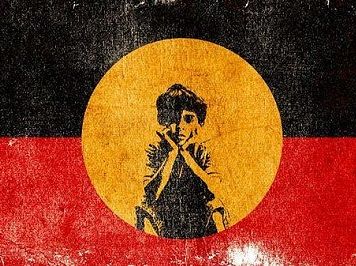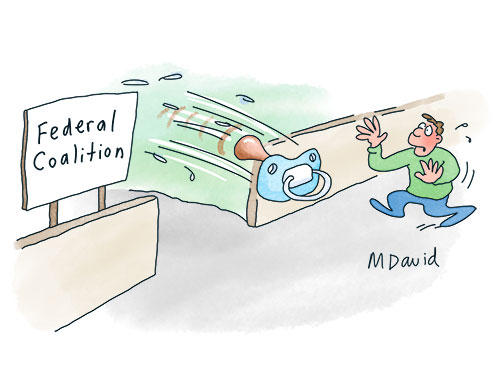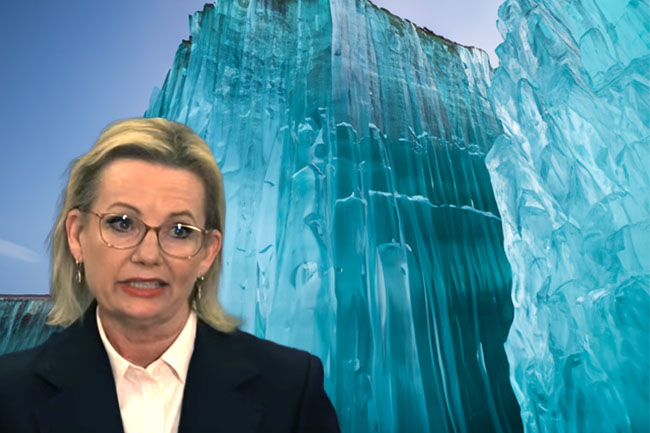Is a Voice to Parliament really such a difficult thing or is it a simple change? Managing editor Michelle Pini reports.
IT COULD BE our geographic isolation that has kept Australia out of step with the modern world in so many ways.
Certainly, our reluctance to move with the times on issues of social progress has been entrenched by the fact that conservative parties favouring the status quo have formed government for 32 of the 46 Federal elections since Federation.
Or, it could be that we really are not only xenophobic, as clearly demonstrated by our shameful treatment of refugees and asylum seekers throughout our short history, but also just plain racist.
But with a new Labor Government heralding reform and a nation no longer reliant only on traditional “white bread” views, but a country transformed by multiculturalism and now embracing roti and pappadums, is a Voice to parliament really such a difficult thing? And is there such a sizable portion of the population that remains vehemently opposed?
After the Turnbull and Morrison governments ignored the Uluru Statement from the Heart – which called on all sides of politics to support a First Nations Voice to Parliament – finally, the Albanese Government is seeking a referendum to enshrine this voice, by recognising Indigenous minorities in the Constitution.
The wording of the draft yes or no referendum question has been unveiled by Prime Minister Anthony Albanese as:
‘Do you support an alteration to the Constitution that establishes an Aboriginal and Torres Strait Islander Voice?'
During his speech at the Garma Festival in Arnhem Land, Albanese said that amending the Constitution to include this Voice:
…means a willingness to listen won’t depend on who is in government or who is prime minister…
Because a Voice enshrined in the Constitution cannot be silenced.
The PM added:
"I ask all Australians of goodwill to engage on this."
Talk to younger Australians and it quickly becomes apparent that the narrow-minded, retrograde view that an Indigenous Voice will somehow undermine our democracy is simply out of step with the new face of Australia. Because this new face is more likely to be of a darker hue and its owner may well be female, or even non-binary. Certainly, it is increasingly younger, more informed and less concerned with old antiquated ideas — ideas which only preserve colonialism, prop up a small stagnant minority and are clearly in need of a complete renovation.
It is not only young Australians, either. A recent Essential Poll revealed 65% of Australians support an Indigenous Voice to Parliament, including 77% of Labor voters and 53% of those who vote for the Coalition.
The May Federal Election proved that people are over the fear-mongering “Look behind you! There’s a boat!” pantomime favoured by the Coalition, since even manifesting two boats on Election day wasn’t enough to save the Morrison Government.
An Indigenous Voice to parliament represents the first step on the path to a Treaty.
Here are a few pertinent facts on Australia's treatment of Indigenous minorities in relation to the rest of the modern world:
- Australia is the only Commonwealth country not to sign a Treaty with its Indigenous population;
- other western nations to have signed Indigenous treaties include Norway, Sweden, Denmark, New Zealand, Canada and even our big buddy, the United States;
- there are now eight Indigenous representatives in the Senate and three in the House of Representatives, bringing the total Indigenous representation in the 47th Parliament to 4.8% — higher than the Indigenous Australian population of 3.3% recorded in the last Census;
- again reflecting its slide into irrelevance, there are only two Indigenous senators, 1.25%, making up the Coalition representation, compared with nine Indigenous Labor Party parliamentary members, 5.9% of the caucus; and
- The last successful Referendum in Australia was held to include Aboriginal and Torres Strait Islanders as Australians in the Constitution, in 1967.
That a referendum was even needed for the above purpose is a shameful fact that should forever stain our national consciousness and remind us of our reprehensible racist origins.
Perhaps Prime Minister Albanese summed up the importance of this referendum best when he said:
“We are seeking a momentous change — but it is also a very simple one.”
I am a naturalised Australian of non-Anglo Saxon immigrant origin and can speak with some experience about what it means to feel as though you don’t belong. But I also know that this feeling – deeply hurtful though it certainly is – is but a papercut when compared to the deep laceration of feeling like you don’t belong in the land inhabited by your people for millennia.
As a non-Indigenous Australian, I do not profess to know what, if anything, can assuage the untold pain inflicted on our First Peoples, which is why it is easy for the rest of us to just do what we are being asked. Even if we do nothing else, let’s not rub salt into the wound any longer — just say “Yes” to this one simple, but momentous change.
This editorial was originally published as part of the Independent Australia weekly newsletter. These editorials are usually only available to subscribers and may be read online in the IA members-only area.
Follow managing editor Michelle Pini on Twitter @vmp9. Follow Independent Australia on Twitter @independentaus and on Facebook HERE.
 This work is licensed under a Creative Commons Attribution-NonCommercial-NoDerivs 3.0 Australia License
This work is licensed under a Creative Commons Attribution-NonCommercial-NoDerivs 3.0 Australia License
Support independent journalism Subscribe to IA.















